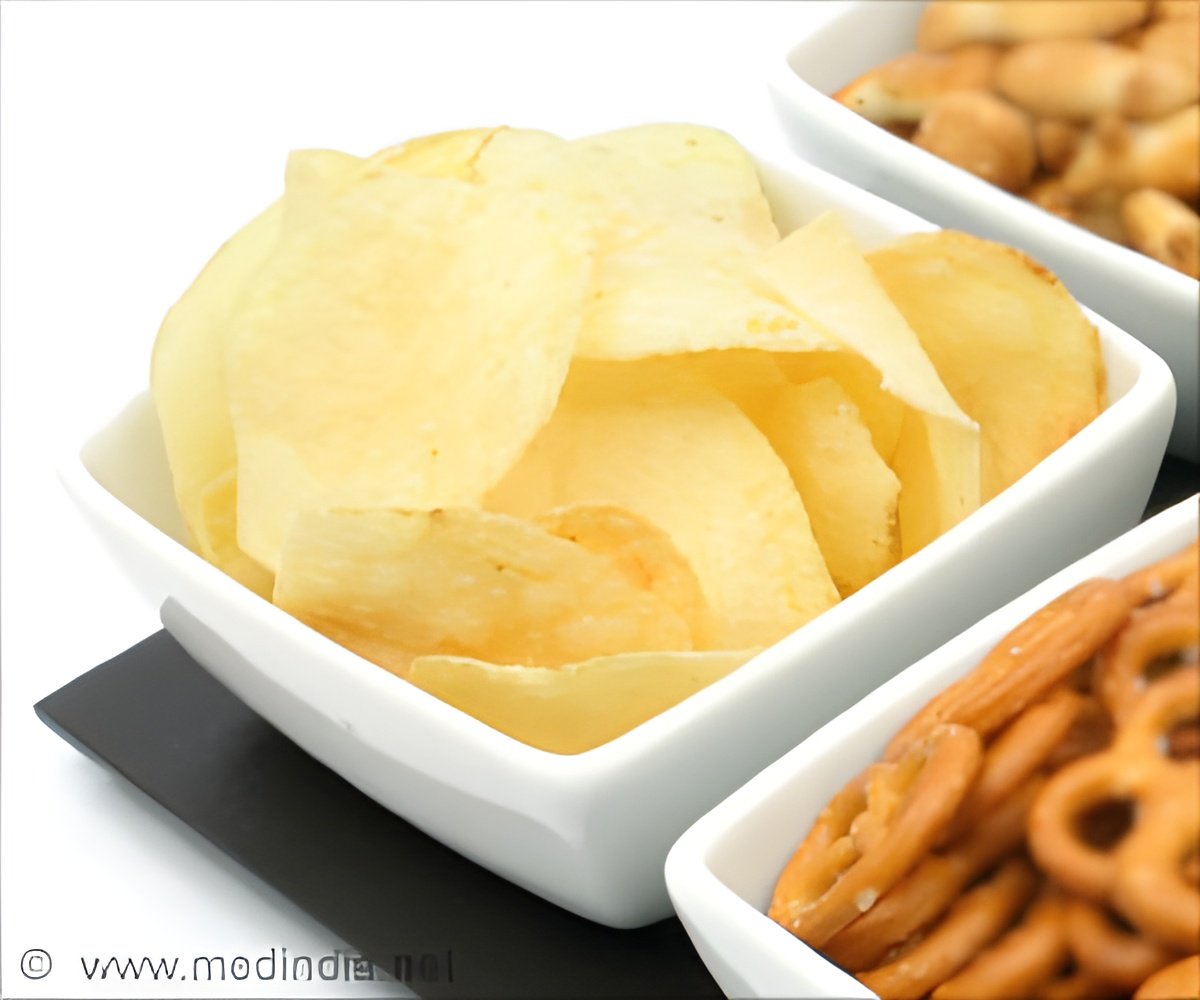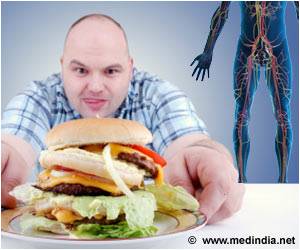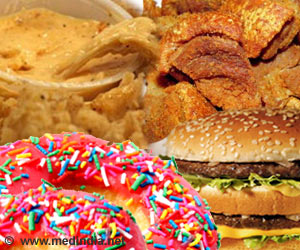There’s a mechanism that makes the switch in the brain from a preference for fats to an increased appetite for carbohydrates.

‘During stress, corticotropin-releasing hormone (CRH)–positive neurons in the hypothalamus stimulates dietary preference for carbohydrate over fat.’





An international team of researchers centered at the National Institute for Physiological Sciences (NIPS) has identified that activation of a subset of corticotropin-releasing hormone (CRH)–positive neurons in the paraventricular hypothalamus (PVH) is sufficient and necessary to induce dietary preference for carbohydrate over fat. The preference to have a certain type of food greatly depends on its taste, texture or in other words, the palatability. However, food selection is also influenced by nutritional state as well as food palatability.
The exact mechanism responsible for these cravings has been a mystery. But these scientists believe it is tied to one specific type of neuron in the hypothalamus. When they activated these neurons in mice, the rodents’ taste preferences veered away from high-fat foods and instead steered towards carbs.
The carb-craving neuron gets set off by a hormone released during times of stress, which could explain phenomena like stress eating and the appeal of comfort food. When you start to feel on edge, your brain triggers carb cravings as part of your stress response: Bring on the baked goods.
“Many people who eat sweets too much when stressed tend to blame themselves for being unable to control their impulses,” Professor Yasuhiko Minokoshi, lead author of the study, told the Japan Times. However, the study points out that the lack of control for carbs lies in the brain.
Advertisement
Source-Medindia















